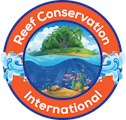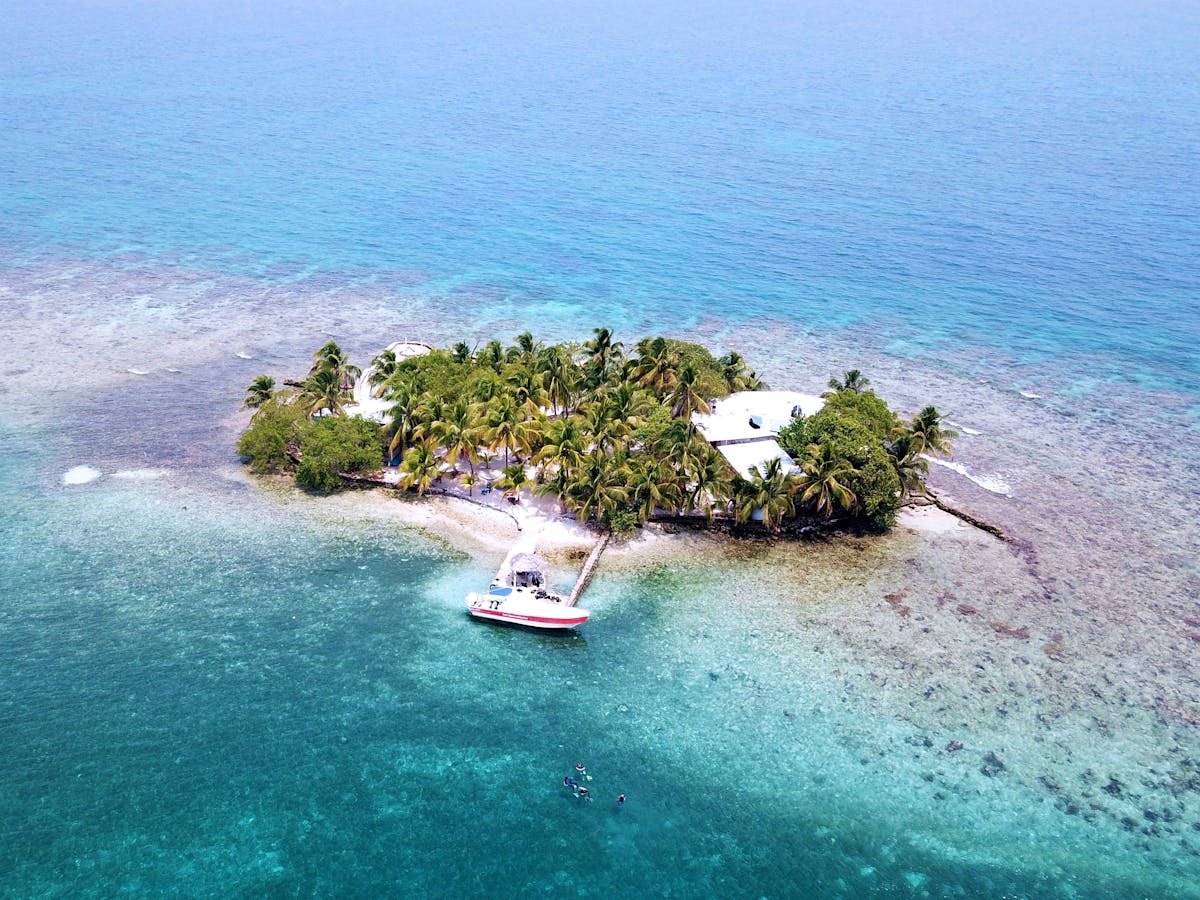We attract a vast cross-section of demographics from diverse ages, backgrounds, and nationalities. We have singles, students, working professionals, families, couples, and retirees that come to our island!
- 5 Days
- Ages 13+
Feel the thrill scuba diving the world’s second largest reef system, the excitement of spearing the invasive lionfish, and the satisfaction in helping protect coral reefs. Reef Conservation International (ReefCI) trips are a unique opportunity to protect reef ecosystems by directly participating in our ongoing marine conservation projects! We are located on a small, private, picture-perfect Caribbean island on the Belize Barrier Reef. The diving is incredible and the conservation work we do is meaningful. Join us!
Welcome to ReefCI
ReefCI offers a unique one-of-a-kind marine conservation diving experience; an all-inclusive diving and marine conservation trip on a small private island surrounded by the Caribbean Sea situated on the Belize Barrier Reef.
As one of the leading NGOs/non-profit marine conservation organizations in Belize, ReefCI has been protecting our coral reefs and oceans since 2006. We empower everyday global citizens to take an active role in directly protecting and conserving ocean ecosystems through our hands-on marine conservation projects. Individually, we are one drop. Together, we are an ocean. Please join us in our mission!


































